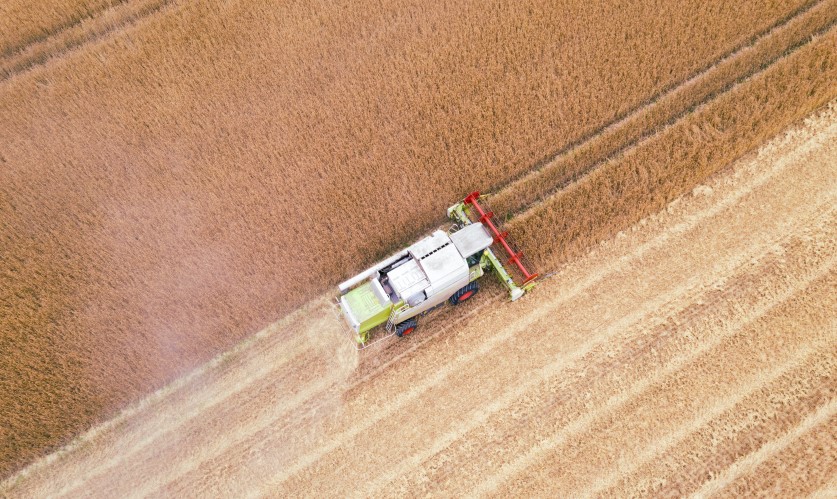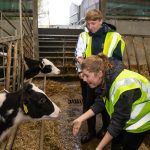World leaders sign Declaration on Sustainable Agriculture at COP28
Over 130 world leaders at COP28 have signed the United Arab Emirates (UAE) Declaration on Sustainable Agriculture, Resilient Food Systems and Climate Action.

The declaration calls for countries to “adapt and transform” agriculture and food systems in order to respond to the imperatives of climate change.
It recognised that “unprecedented adverse climate impacts are increasingly threatening the resilience of agriculture and food systems”, and the potential agriculture and food systems hold to drive responses to climate change. It also stressed that “any path to fully achieving the long term goals of the Paris Agreement must include agriculture and food systems”, ultimately affirming that agriculture and food systems need urgent transformation in response to climate change.
The signatories have agreed to work “collaboratively and expeditiously” on a number of objectives, including:
- Promoting food security and nutrition by increasing efforts to support vulnerable people via social systems, school feeding and public procurement programs
- Supporting workers in agriculture and food systems whose livelihoods are threatened by climate change
- Strengthening the integrated management of water in agriculture and food systems at all levels to ensure sustainability and reduce adverse effects on communities
- Scaling-up financial and technical support for farmers, fisherfolk and other food producers who are engaged in resilience activities and responses to climate change
- Maximise the climate and environmental benefits associated with agriculture and food systems by conserving, protecting and restoring land and natural ecosystems, enhancing soil health, and biodiversity, and changing to more sustainable production approaches.
To achieve these objectives, signatories said they would:
- Revisit or orient policies and public support related to agriculture and food systems to promote activities which increase incomes, reduce greenhouse gas emissions (GHGs) and bolster resilience, productivity, livelihoods, nutrition, water efficiency and human, animal and ecosystem health while reducing food loss and waste
- Scale up and enhance access to finance from the public, philanthropic and private sectors to transform agriculture and food systems
- Increase science and evidence-based innovations to increase sustainable productivity
- Pursue engagement to integrate agriculture and food systems into National Adaptation Plans, Nationally Determined Contributions, Long-term Strategies, National Biodiversity Strategies and Action Plans and other strategies before COP30.
Industry response
Prof. Appolinaire Djikeng, director general of the International Livestock Research Institute (ILRI), said: “The Declaration is a valuable step towards recognising the essential linkages between food, agriculture and climate change.
“However, all countries must be encouraged and supported to implement climate strategies that account for their specific national dietary needs, climate challenges and differing resources. Across the Global South, where the environmental impact of food systems is comparatively low and malnutrition high, this makes animal agriculture and livestock a fundamental reality.
“Empowering developing countries to sustainably increase the productivity of livestock offers the opportunity to achieve climate goals while also improving food, nutrition and income security.”
Dr. Gunhild Stordalen, founder and executive chair, EAT, said: “The science is clear: Transforming food systems is an absolute prerequisite for staying within the 1.5°C threshold. The inception of #ACF today marks a significant and encouraging step in this journey. Now, the signatories must translate their intentions into plans for implementation.”
Dr Lee Recht, Global Cellular Agriculture Alliance, co-host of the Food Systems Pavilion, commented: “The Emirates Declaration is a step in the right direction. We need to make sure protein diversification is part of the core strategy as well. Innovative tools, like cellular agriculture, can play a vital role in complementing sustainable animal agriculture, contributing to a more diverse protein sector and the establishment of more secure and resilient food systems.”

 Students gain first-hand agriculture experience as part of AHDB event
Students gain first-hand agriculture experience as part of AHDB event Scotch lamb celebrated globally on St Andrew’s Day
Scotch lamb celebrated globally on St Andrew’s Day
